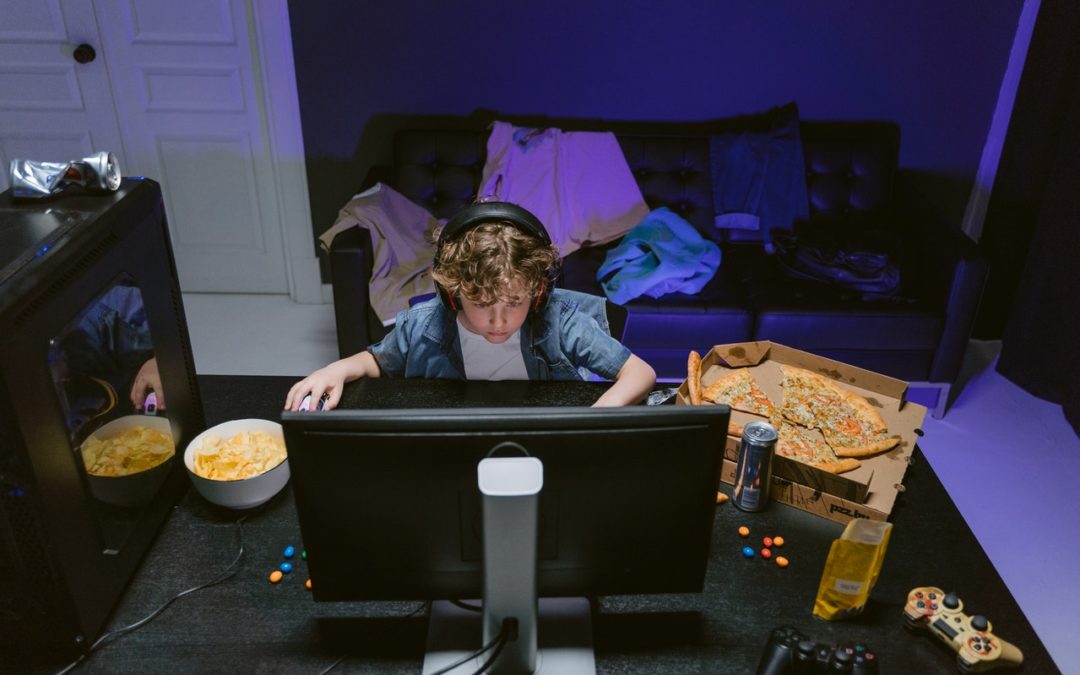
Your Teen May Be Struggling with a Secret Addiction
Your Teen May Be Struggling with a Secret Addiction
Addiction is a tough reality for people of all ages, and teens in particular. Hiding harmful activities becomes a priority over pretty much everything else.
To be clear, parents can and should be vigilant about the latest secret emoji signals, recognizing changes to physical appearance, or checking their teen’s internet browsing history. But covering up the tell-tale signs is all too easy, especially for a tech savvy teen struggling with addiction. Teens still living with parents, even as they start spending more time outside the house, will find expert strategies to keep their addictive behaviors secret, not only so they can continue doing them, but also to avoid feelings of shame or embarrassment.
Addiction is a treatable, chronic medical disease involving complex interactions among brain circuits, genetics, environments, and life experiences, according to the American Society of Addiction Medicine.
Talk About the “Why”
When teens are caught in the act, parents should stay calm and focus on the “why.” Understanding the motivations driving the activity, whether it be substance abuse or harmful behaviors like watching porn, or obsessing over gaming or social media, opens a conversation and demonstrates parents are there to listen.
Hearing more details about the “why” also can help parents identify whether addiction is at play. When the “why” includes phrases like “needing” the behavior to feel okay, or unsuccessful attempts to stop, then parents can help their teen understand that their brain’s reward system is out of whack, affecting impulse control and judgment, and ultimately making quitting very hard to do.
What to Do Next
The best thing a parent can do is to manage their own emotions and reassure their teen that they are in their corner. Explain the first step toward recovery is making a decision to change. After that, thinking about what a “change” looks like is often much easier with the help of an unbiased third party like a doctor, counselor or psychologist.
About
UpStreet is a mental wellness program that offers free drop-in consultations with therapists, scheduled therapy appointments, text-based peer support, and support groups for teens ages 12-22. UpStreet aims to reduce the stigma of seeking mental health support, to avoid escalation of symptoms to a crisis stage, and enhance teens’ quality of life. Reach out to an UpStreet team member now using the chat bot located at the bottom of the page.
